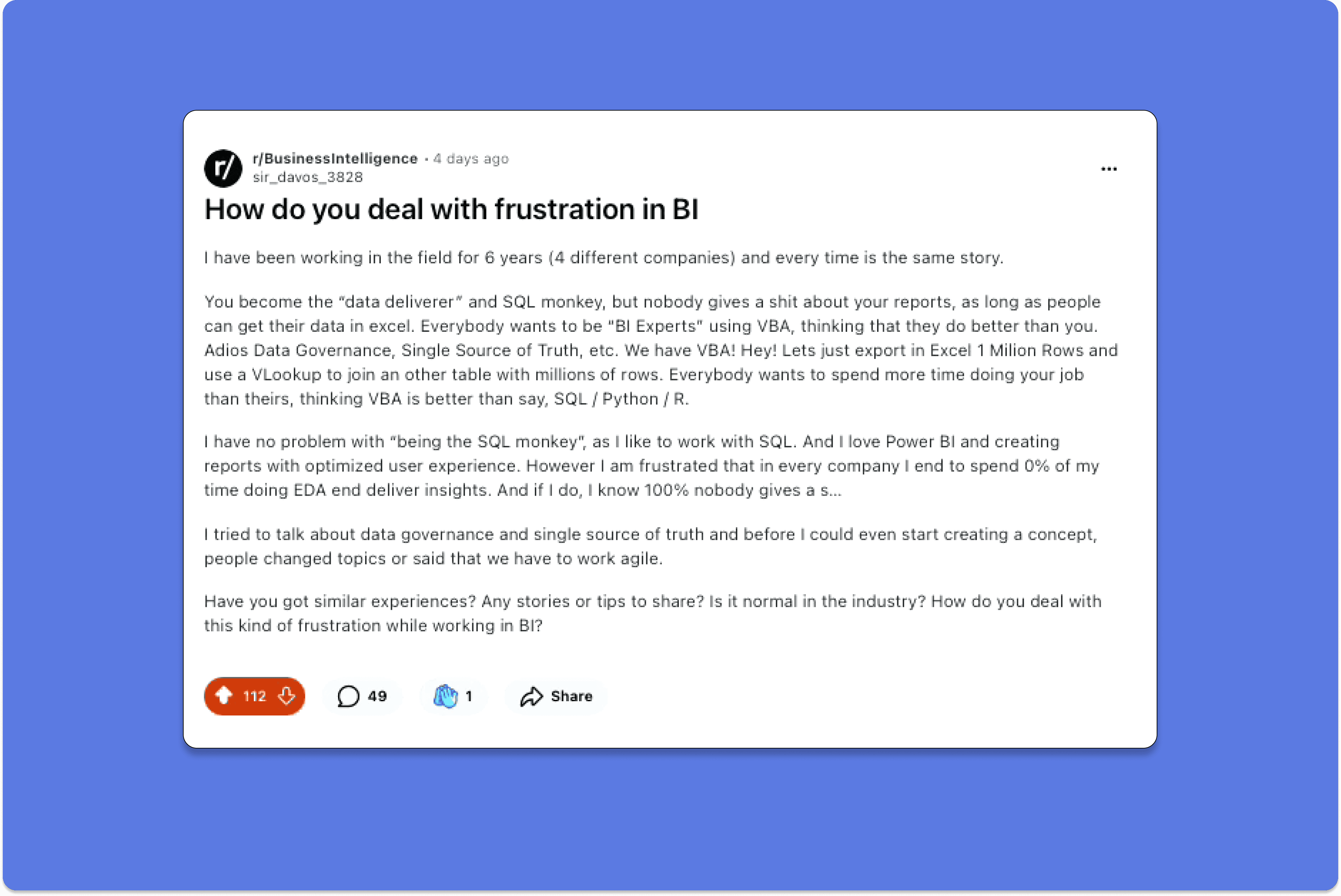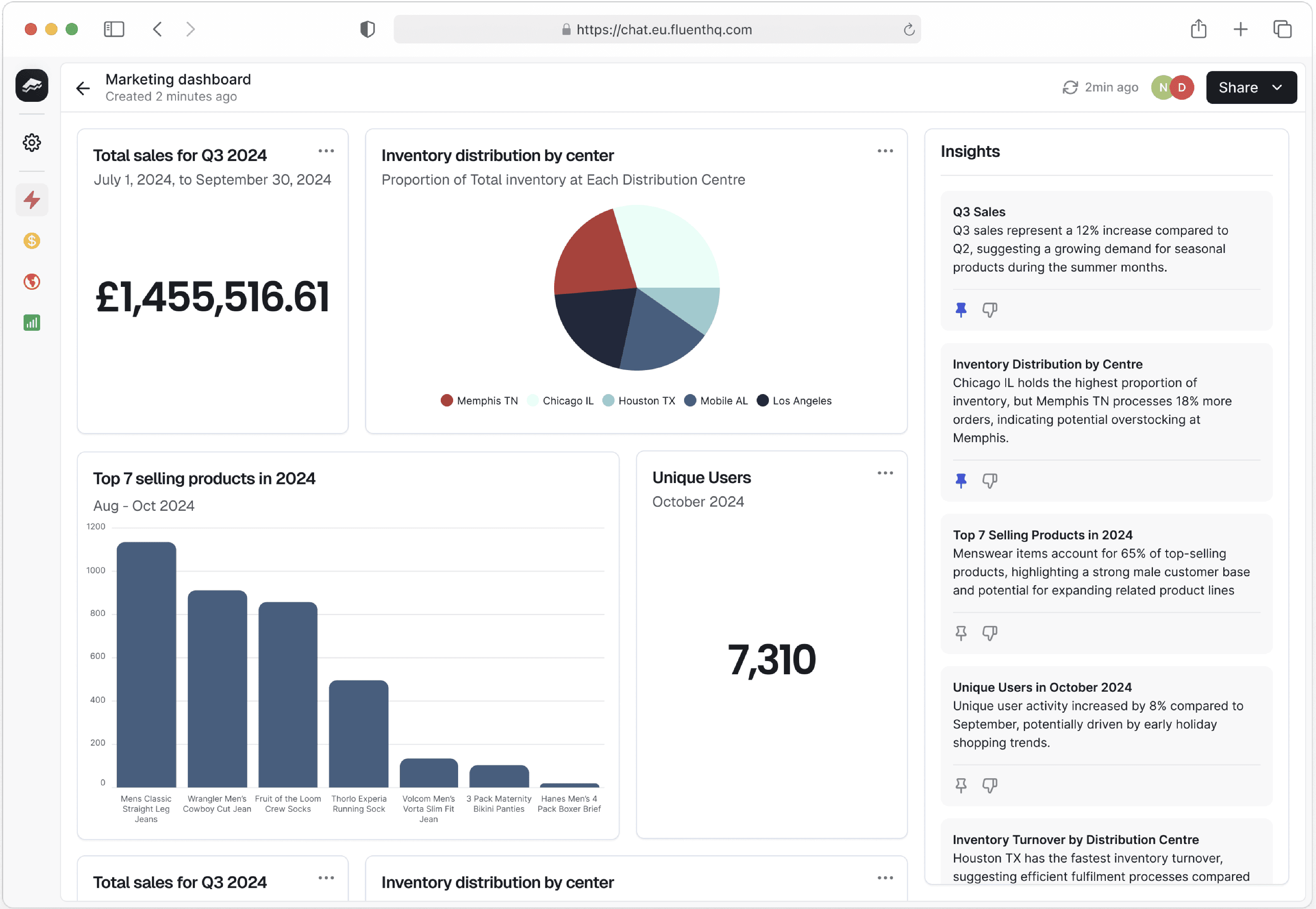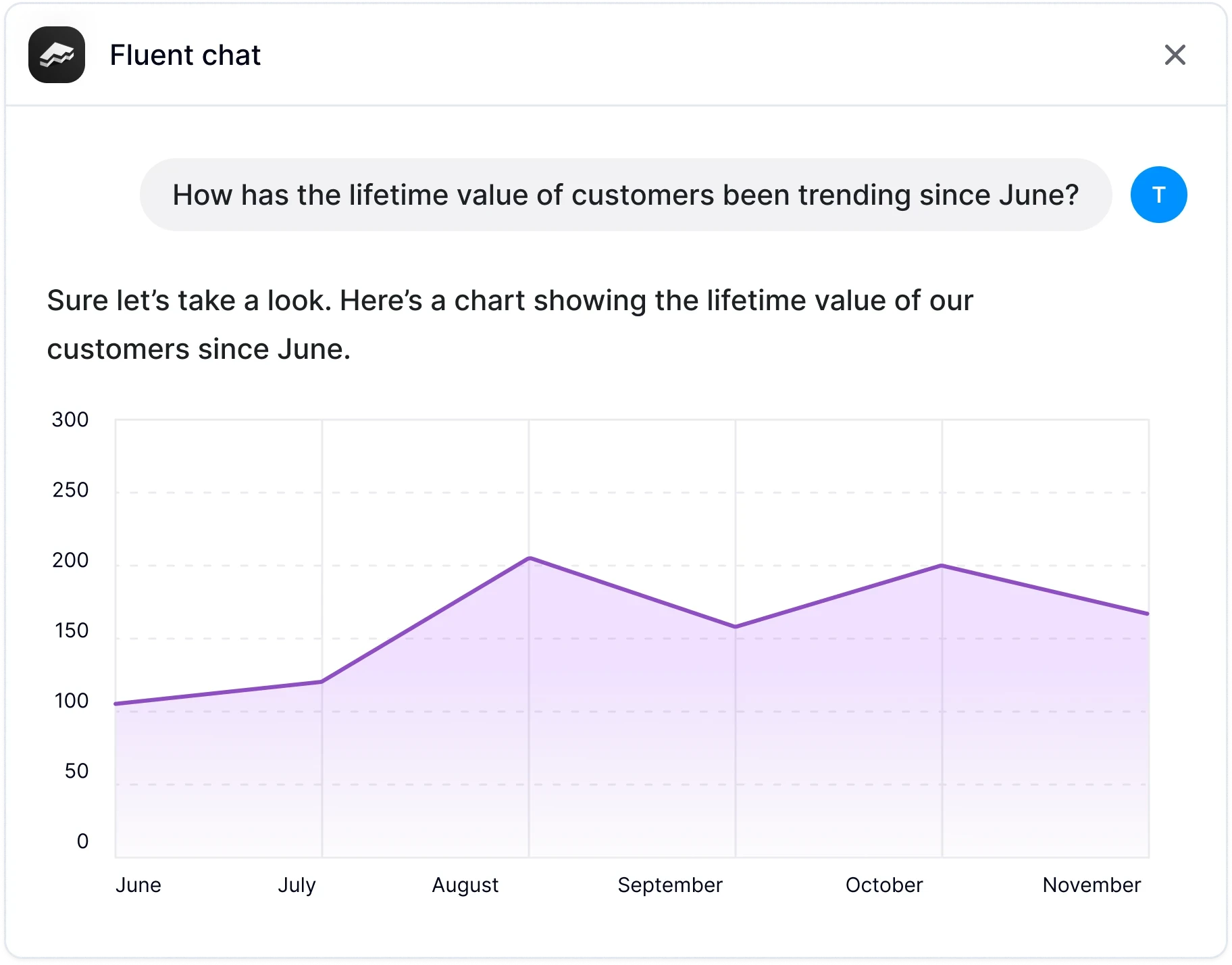Data analysts aren’t happy, and haven’t been for a long time.
Many have been relegated to “SQL monkey” status, churning out reports and delivering insights only to be met with indifference or apathy. In many cases, these detailed dashboards and reports sit untouched as departments default back to Excel, preferring quick workarounds over having to dive into structured analysis. This cultural disconnect creates a cycle where data teams clearly feel disillusioned and sidelined, because the market solutions meant to alleviate the problem are missing the mark.
Text-to-SQL was meant to bridge this gap. Theoretically, it should allow non-technical users to self-serve insights. Much quicker, much easier. But there’s a major barrier to achieving this in practice: no SaaS providers have been able to offer something easy enough to use without SQL knowledge, while also being accurate enough to support data consumers autonomously. Even the best text-to-SQL models struggle to maintain context and reliably interpret complex queries across typically messy organisational data. Analysts are effectively stalled by BI tool limitations like complex UI or ‘locked in’ structures that, rather than facilitating flexible insight, trap them in low-impact, ad-hoc work.
They don’t even enable engagement with dashboards being asked for.

More frustratingly, Data analysts know what’s needed to solve this. Either they get lucky and find advocacy from one or two senior colleagues who consume their data, or they find reliable automation for these increasing volumes of recurring, short-term requests.

As the data maturity conversation highlights, few organisations have the pristine data or robust governance necessary for flawless AI-driven insights. And even then, automation could still handle the simpler, structured tasks that dominate analysts’ workloads. They don’t need an ‘agentic’ solution that never gets answers wrong (and will probably not exist for a long time).
Analysts need failsafes to either flag when information is insufficient or solutions that allow users to clarify themselves. Until that’s guaranteed, human analysts must do all the manual work themselves, leading to more disillusionment and wasted potential.
It’s time for the industry to stop waiting on the culture around data consumption to change when the barrier to entry doesn't get any lower. Meeting data consumers where they are is still possible today without infallible LLMs or 100% perfect data warehouses. It’s about LLMs that do 90% of the work and flag when they can’t do the other 10% of edge cases. Without blowing our own horn too loudly; this does exist.
We need solutions that not only meet analysts’ need for governance but genuinely lift their roles, and close the data culture ‘disconnect’ that exists between most data professionals and the non-technical consumers they work with.
Don’t believe there’s a problem? Check out the thread.
Work with Fluent
Put data back into the conversation. Book a demo to see how Fluent can work for you.
10 February 2025
Introducing dashboards
3 February 2025
Fluent Text-to-SQL: Fast, Accurate AI Data Querying
Stay up to date with the Fluent Newsflash
Everything you need to know from the world of AI, BI and Fluent. Hand-delivered (digitally) twice a month.



